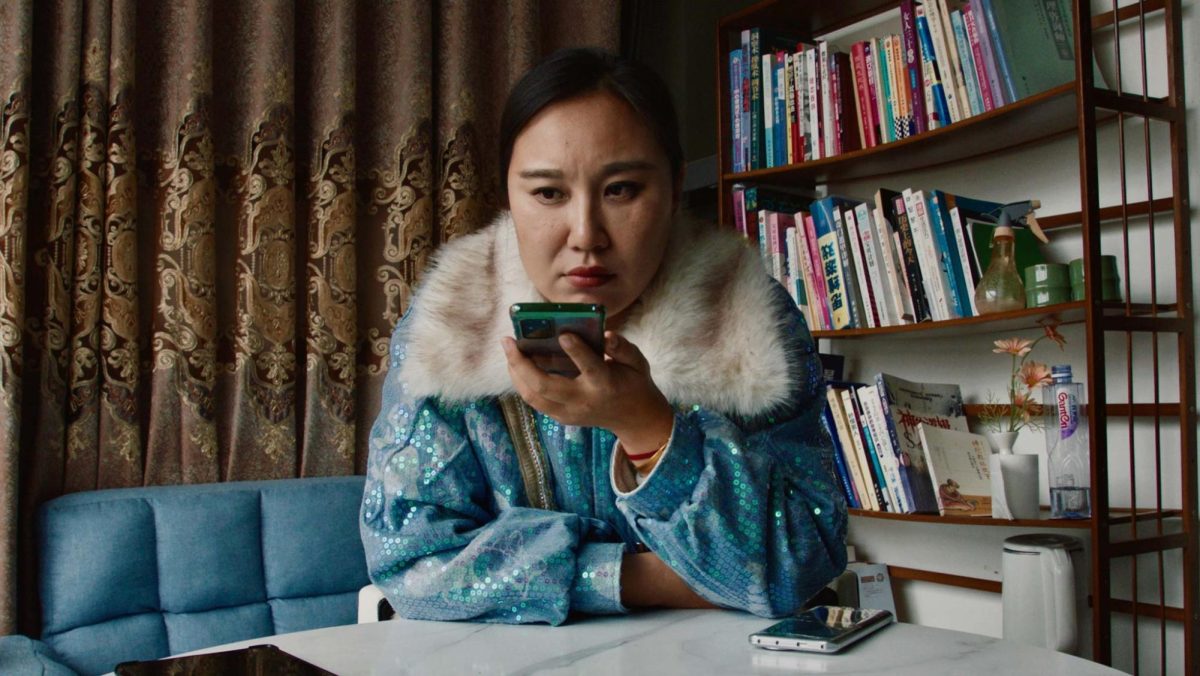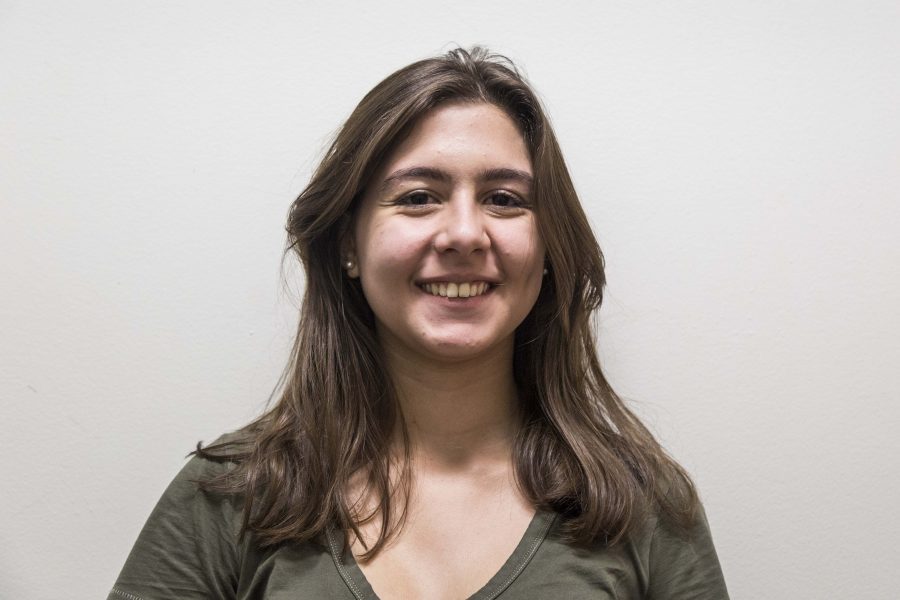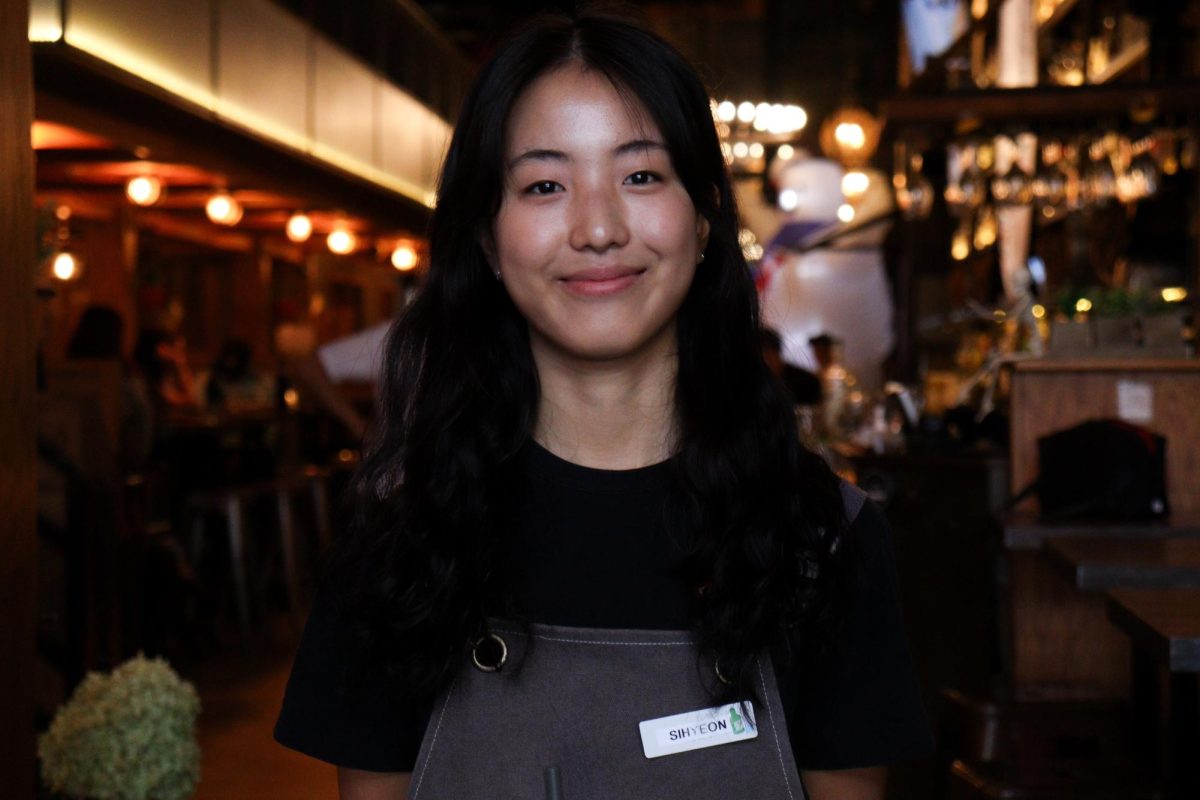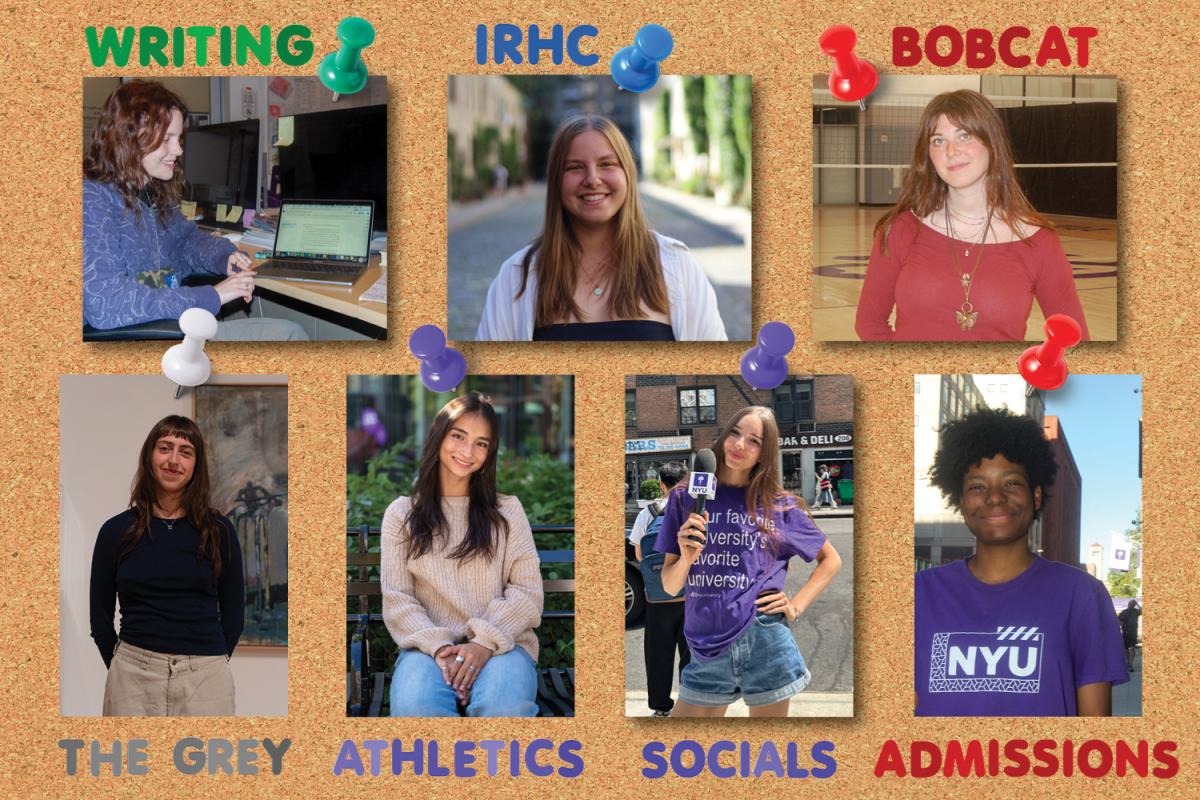Cultural Insensitivity Causes Headaches for International Students
September 20, 2016
Besides being situated in New York, a city that is anything but purely American, NYU is home to some 5,000 international students from more than 90 countries. Students often find themselves in a bright and diverse environment, where their peers usually have had very different lives than their own. This sparks an inherent curiosity in the minds of NYU’s student body, which often leads to long and detailed conversations about cultural similarities and differences. While these conversations are usually pleasant and intriguing, they can also be incredibly frustrating for international students.
Sometimes, when I tell people I am Brazilian, they ask me if I speak Portuguese. To a Brazilian, this sounds as absurd as someone asking an American if they speak English — Portuguese is the official language of Brazil, it should be obvious that a Brazilian speaks it. Many international students express similar irritations at the somewhat silly nature of these questions. A friend of mine who is also Brazilian complained about how often people ask if she saw monkeys and jaguars on the streets, and my friend from Hong Kong was astonished by the amount of times people asked her if she actually knew how to use a fork and a knife. At the end of many uncomfortable encounters, where American faux-pas ranged from calling international students exotic to the usual question of, “How did you learn to speak English so well?”, all of my friends were all frustrated with the lack of knowledge that many of their fellow students had about their home countries and cultures.
Understandably, one cannot possibly try to learn all of the world’s cultures and histories. However, blurting out stereotypes without understanding the history, and without of that stereotype is no way of approaching the problem. For example, whenever someone asks an international student how they learned English, it can sound ignorant and condescending even if the asker did not intend it to be. It underestimates both the international student’s intellect and their country’s educational system, in what basically amounts to the cultural version of mansplaining. As Chimamanda Ngozi Adichie said: “the problem with stereotypes is not that they are untrue, but that they are incomplete. They make one story become the only story.” American NYU students would do well not to get attached to a single story.
While NYU addresses international students’ headaches in roundabout ways, such as encouraging international students to heed advice on adapting to American culture and to join cultural clubs, these are only baby steps in the right direction. There is still a strong, patronizing belief that culture considered to be mainstream only encompasses the culture of the United States, when, in reality, everybody lives in the same globalized world.
Opinions expressed on the editorial pages are not necessarily those of WSN, and our publication of opinions is not an endorsement of them.
Email Cara Zambrano at [email protected].






























































































































































